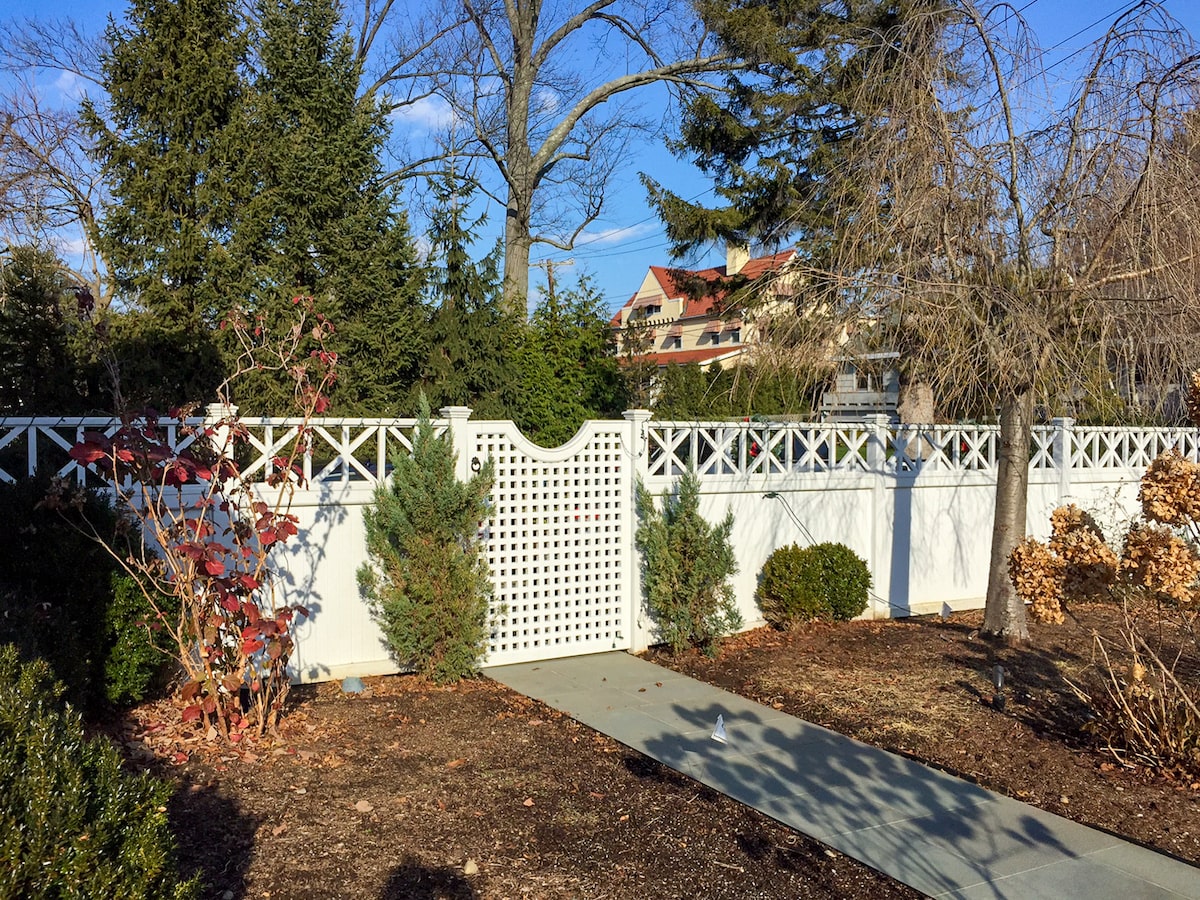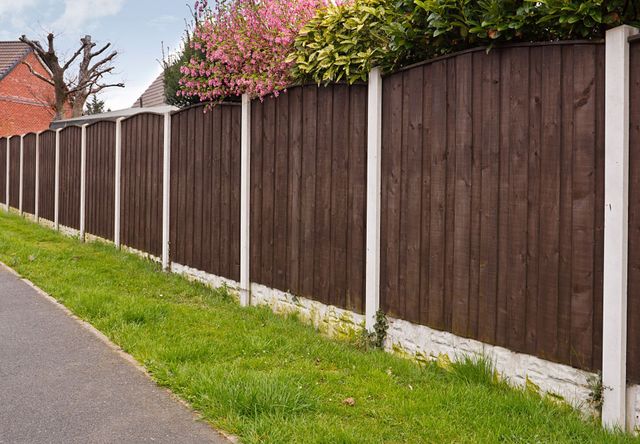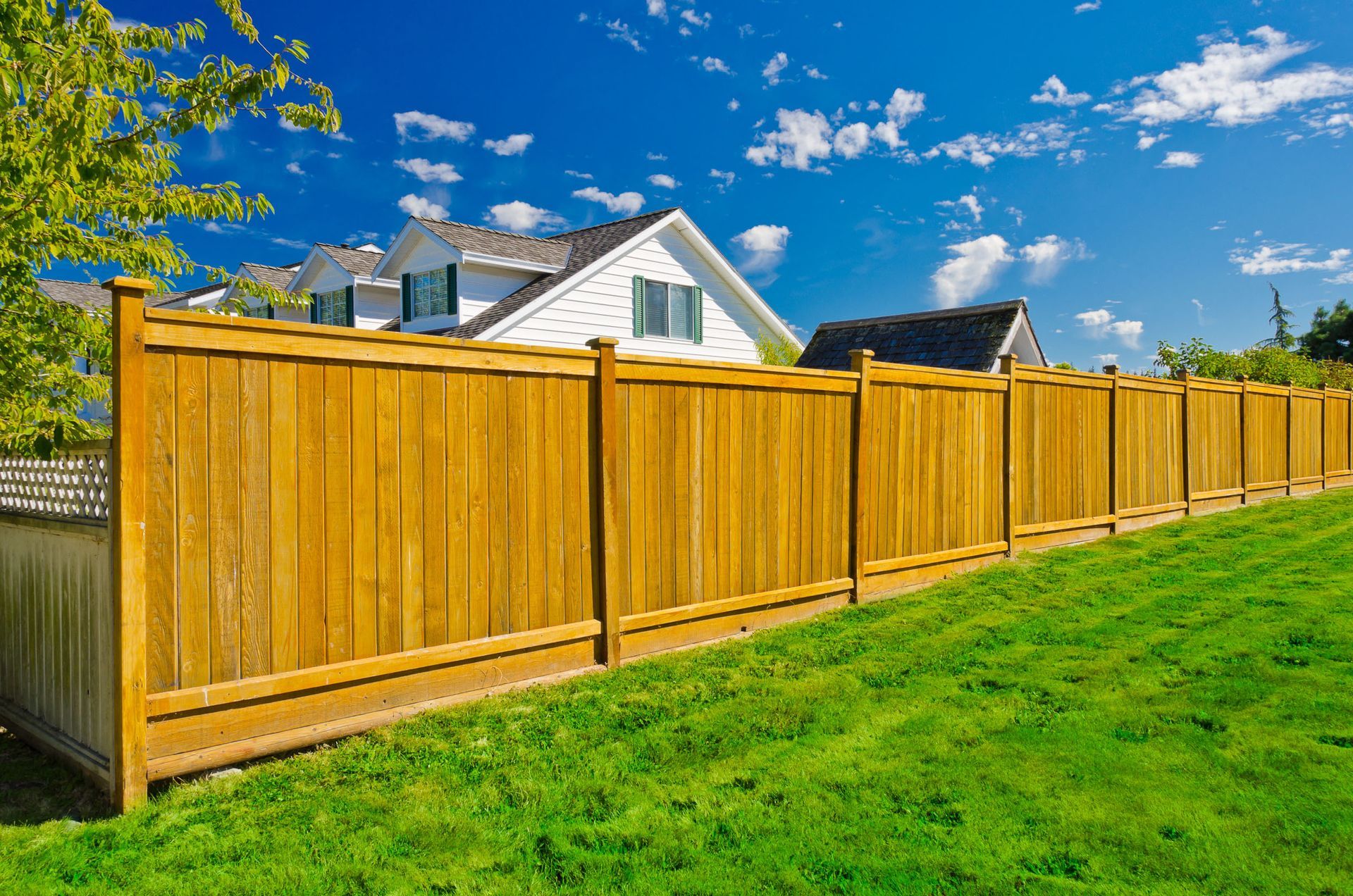All Categories
Featured

When intending a brand-new fence for your residential or commercial property, it's simple to concentrate on the fundamental expenses-- products, installment, and labor. Numerous surprise expenses can significantly impact your overall budget. If you're not prepared, these additional costs often go undetected however can swiftly add up. When budgeting for your fence task., below's an overview to some of the most typical surprise costs to consider.
- Allow Costs and Legal Needs. Prior to you begin excavating, it is necessary to check if your area requires a license to set up a fencing. Many municipalities have zoning legislations that regulate fencing elevation, material, and placement, particularly if you're constructing near a property line or in a community with a Homeowners' Organization (HOA) These laws make certain the fencing fulfills regional standards, however they also feature connected expenses.
Price range: $50 to $500, relying on your location and the intricacy of your project. 2. Fencing Elimination and Disposal. If you're replacing an existing fence, elimination and disposal of the old framework is an additional expense that can easily be overlooked. Fence removal typically includes taking apart the old fencing, hauling away the products, and disposing of them correctly. Disposal fees can vary, particularly if the old products need special delivery, such as treated timber or steel.

Expense range: $2 to $10 per linear foot for elimination and disposal, relying on the materials. 3. Land Prep Work and Excavation. A completely level installation website is not constantly ensured. If the land where your fence is being set up is unequal, rocky, or covered in plant life, it might require to be gotten rid of or leveled initially. Grading or excavation prices can add to your overall project expenses, particularly if you're installing posts in hard-to-dig soil. Inclines or compressed dirt may need specific equipment and more labor.
Price array: $300 to $2,000, relying on the site's problem. 4. Energy Line Recognition and Modifications. Prior to excavating, it's important to make sure that no underground energies, like water, gas, or electric lines, will be interrupted throughout the installment. Many contractors will certainly contact energy companies to mark these lines, however there can be extra prices if adjustments are needed to avoid destructive existing framework.
Price array: $100 to $500, depending upon whether changes are needed. 5. Custom-made Characteristics and Upgrades. While your standard fence may be composed of standard products, you may wish to include personalized attributes like gateways, attractive panels, or incorporated illumination. Automatic entrances or safety systems are especially expensive and call for professional installation. Including these bonus raises the complete expense of your fencing, so make certain to factor them into your budget plan.

Cost array: $100 to $1,500+ for functions or gates, depending upon size and intricacy. 6. Delivery and Transportation Costs. Depending on where your materials are sourced, you may be charged a different shipment charge for moving the fence products to your property. This is particularly typical with large or heavy orders, such as wood panels or steel fencing. Distribution costs can additionally differ based on the range between the distributor and your area.
Cost range: $50 to $300 for shipment, depending on distance and the quantity of materials. 7. Maintenance Expenses Gradually. Several kinds of fencings, especially timber fences, call for ongoing upkeep to remain in good condition. Routine tasks like discoloration, sealing, and cleaning will assist extend the life of your fence. Some materials, such as vinyl or metal, may be much more low-maintenance yet can still sustain prices for fixings or substitutes if harmed.
Yearly price array: $50 to $300 for maintenance, depending on product and climate. 8. Weather Delays. Mother earth does not constantly accept your timeline. If your setup is delayed by negative climate, such as rainfall or severe warmth, you might encounter additional labor expenses if employees require to go back to complete the task at a later time. Hold-ups can also prolong the task timeline, pressing back when the fence awaits usage.
Cost variety: Variable, depending on the length of time the delay lasts. 9. Building Line Disputes. Installing a fence close to your residential or commercial property line can occasionally bring about disagreements with next-door neighbors. If your boundary is unclear, it might be required to employ a professional land surveyor to verify the home line before installation. This extra step ensures you won't unintentionally trespass on your next-door neighbor's land, yet it includes included prices.
Expense variety: $400 to $1,000 for a building study, relying on your location. 10. Soil and Ground Conditions. Specific soil types can offer obstacles throughout installment. If your home has rocky, compacted, or clay-based dirt, excavating openings for blog posts can be a lot more hard, needing specialized devices or even more time to finish. Harder ground conditions may likewise require using various other or concrete enhancing products for added security.
Expense variety: $100 to $500 for devices or additional labor. Final thought. Authorizations, website preparation, old fencing removal, energy changes, and custom-made attributes can all add up. By accounting for these hidden expenses, you can make certain that your fence job stays within budget and is completed without unanticipated monetary surprises.
Latest Posts
Uncover Budget-Friendly Auto Repairs with Montclare’s Exclusive Service Specials
Published May 29, 25
1 min read
Find Out How Your Partner at WyHy Maximizes Your Savings on Loans and Savings
Published May 25, 25
1 min read
Explore WyHy FCU – Your Path to Superior Financial Services in Wyoming
Published May 24, 25
1 min read
More
Latest Posts
Uncover Budget-Friendly Auto Repairs with Montclare’s Exclusive Service Specials
Published May 29, 25
1 min read
Find Out How Your Partner at WyHy Maximizes Your Savings on Loans and Savings
Published May 25, 25
1 min read
Explore WyHy FCU – Your Path to Superior Financial Services in Wyoming
Published May 24, 25
1 min read